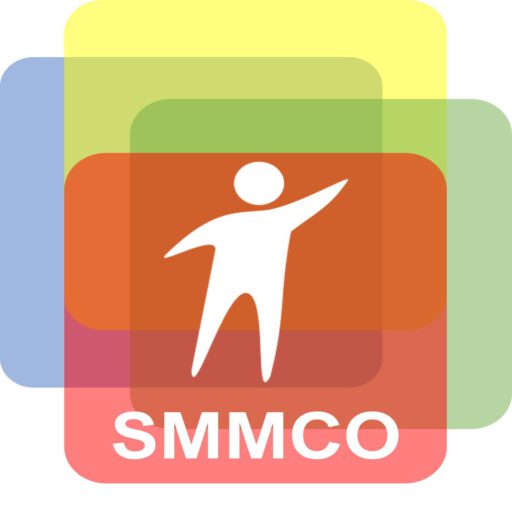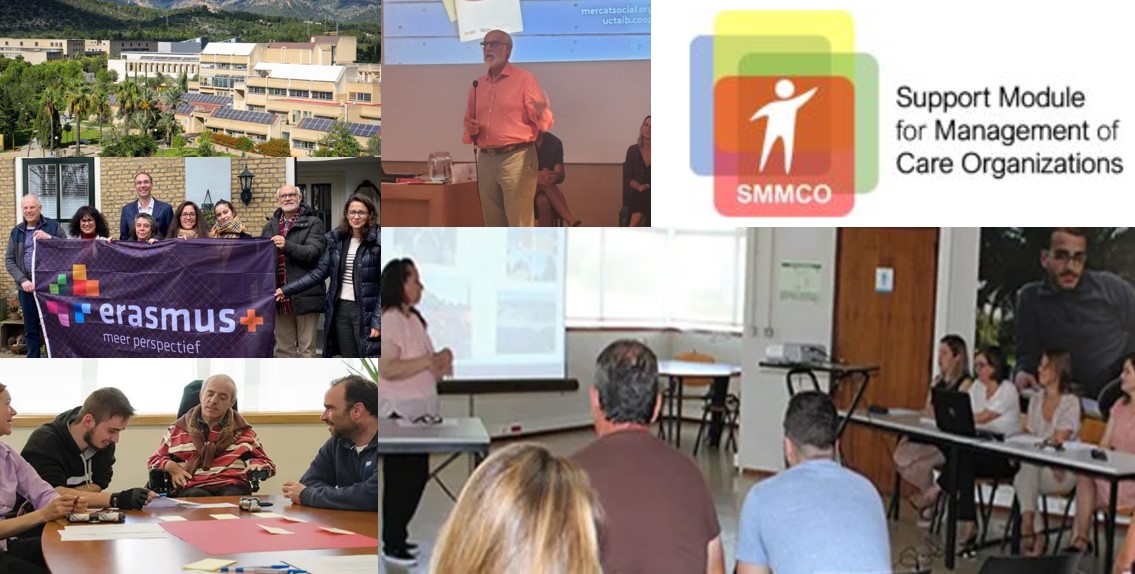Diverse universiteiten van start met de ondersteuningsmodule voor management van zorgorganisaties
Na diverse bijeenkomsten, teams sessies en veel, heel veel over en weer communiceren waarbij documenten, rapporten en diverse onderzoeken zijn gedeeld. Is de module voor ondersteuning zorg organisaties afgerond. Het doel van de samenwerking was om een volgens de Dublin discriptoren een post-hbo/master module te schrijven die tegelijk in diverse EU landen van start gaat. Elke inspirator die in ons team zit heeft zich ingezet om één of meerdere van de 14 opgestelde eisen uit te zoeken en theoretische kennis te combineren met een handson casus. Als SMMCO team hebben we het voor elkaar gekregen dat de hersen worden geprikkeld om na te denken op welke manier de individu en de eigenorganisatie van de deelnemers omgaat met inclusiviteit en integratie van de cliënten. In zeven sessies wordt er doormiddel van een pilot en een eerste groep vrijwillige professionals vanuit het werkveld geleerd, besproken en bekeken en hoe de modules kunnen worden aangescherpt. In Spanje, Portugal en in Nederland wordt in samenwerking met diverse gerenommeerde opleidingsinstellingen de kwaliteit van de module gewaarborgd. Graag willen we de Internationale Businessschool Nederland bedanken voor de samenwerking.
De 14 prestatie eisen staan hieronder vermeld.
Prestatie-eisen (PR)
- Definitie en bespreking van Ondersteuning en de essentiële elementen ervan
- Cliëntgerichte therapie (Rogers) en de vier dimensies van zorg (Tronto) in relatie tot de essentiële elementen van Ondersteuning.
- De oorsprong van sociale uitsluiting en het mechanisme van voortdurende segregatie in onze samenleving.
- De rol van een supportprofessional.
- Beschrijving en bespreking van de noodzakelijke houding van de supportprofessional.
- Beschrijving en praktische voorbeelden van cadeaus en deelname aan de gemeenschap van zogenaamde “overbodige” mensen aan de hand van de prestaties van John O’Brien.
- Beschrijving van soorten integratie (fysiek, functioneel, sociaal).
- Beschrijving van en discussie over de relatie tussen het Mensenrechtenverdrag en de essentiële elementen van Ondersteuning. VN-verdrag handicap (UNCRPD), college voor de rechten van de mens.
- Beschrijving van de paradigmaverschuiving (ontwikkeling van institutionalisering, de-institutionalisering naar ondersteuning).
- Elementen van de-institutionalisering vergeleken met elementen van Ondersteuning
- Beschrijving van organisatiestructuren, competenties en managementstijlen.
- Structuur en cultuur van programmagerichte zorg versus vraaggerichte zorg
- Essentiële verschillen tussen kwaliteit van zorg en kwaliteit van leven.
- Beschrijving van de noodzakelijke voorwaarden voor organisatieontwerp van Ondersteuning vanuit het perspectief van de klant en de organisatie.
Various universities are launching the support module for management of healthcare organizations.
After various meetings, team sessions and much, much communication back and forth, during which documents, reports and various studies were shared. The module for supporting healthcare organizations has been completed. The aim of the collaboration was to write a post-higher professional education/master’s module according to the Dublin discriptors that will start simultaneously in various EU countries. Every inspirator in our team has worked to investigate one or more of the 14 requirements and combine theoretical knowledge with a hands-on case. As a SMMCO team, we have managed to stimulate the brain to think about how the individual and the participants’ own organization deal with inclusivity and integration of clients. In seven sessions, a pilot and an initial group of volunteer professionals from the field will teach, discuss and examine how the modules can be refined. In Spain, Portugal and the Netherlands, the quality of the module is guaranteed in collaboration with various renowned training institutions. We would like to thank the International Business School Netherlands for the cooperation.
Prestatie-eisen (PR)
1. Definition and discussion of Support and its essential elements
2. Client-centered therapy (Rogers) and the four dimensions of care (Tronto) in relation to the essential elements of Support.
3. The origins of social exclusion and the mechanism of continued segregation in our society.
4. The role of a support professional.
5. Description and discussion of the necessary attitude of the support professional.
6. Description and practical examples of gifts and participation in the community of so-called “redundant” people through the achievements of John O’Brien.
7. Description of types of integration (physical, functional, social).
8. Description and discussion of the relationship between the Human Rights Convention and the essential elements of Support. United Nations Convention on Disability (UNCRPD), Human Rights Council.
9. Description of the paradigm shift (development from institutionalization, de-institutionalization to support).
10. Elements of Deinstitutionalization compared to elements of Support
11. Description of organizational structures, competencies and management styles.
12. Structure and culture of program-oriented care versus demand-oriented care
13. Essential differences between quality of care and quality of life.
14. Description of the necessary conditions for organizational design of Support from the perspective of the customer and the organization.

